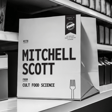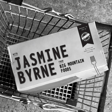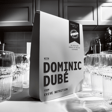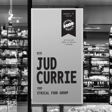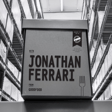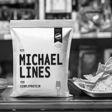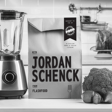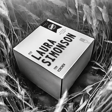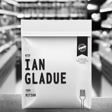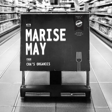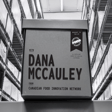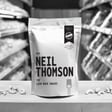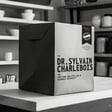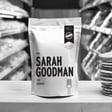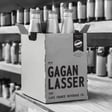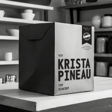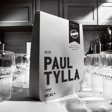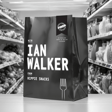
Max Rivest | Wize Coffee Leaf Iced Tea
It’s time to talk iced tea! This beverage category is not new, but it's flying off the shelves and hotter than ever—much like the Earth's temperature these days. In this episode of Aisle 42, I chat with Max Rivest, co-founder of Wize Coffee Leaf Iced Tea—one of the brands close to our hearts here at Ethical Food Group.
Max is a passionate advocate for sustainable practices, and their efforts to support off-season coffee farmers are truly inspiring. He shares their journey to creating delicious, low-sugar, fruit-flavored sparkling iced teas from upcycled coffee leaves that everyone can enjoy. We even discuss the joys of a low-caffeine lifestyle.
To learn more about Wize Coffee Leaf Iced Tea go to: https://drinkwize.com/
To learn more about the team behind the Aisle 42 podcast go to: https://www.ethicalfoodgroup.com/podcast
Here’s a summary of this interview:
Vision for Future Grocery Stores: Max envisions future grocery stores with minimal plastic use, sustainably made and sourced products, and a balance of self-checkout and human interaction.
Personal Journey: Max's journey began in 2013 after a caffeine overdose while studying in France, leading him to seek healthier beverage alternatives.
Founding Wise Coffee Leaf Iced Tea: Inspired by the antioxidant-rich coffee leaf, Max and his co-founder started Wise Coffee Leaf Iced Tea to create a unique, healthy iced tea from upcycled coffee leaves.
Sustainability and Social Impact: The company provides off-season work for coffee farmers, creating over 140,000 hours of employment and helping to reduce the nomadic lifestyle caused by seasonal work in the coffee industry.
Product Evolution: Initially launched as a flat iced tea, Wise Coffee Leaf Iced Tea transitioned to a sparkling iced tea in 2020, offering flavors like mango, raspberry, and apple.
Health Focus: The iced teas contain low sugar (four grams per can) and avoid artificial sweeteners, appealing to health-conscious consumers, including diabetics.
Consumer Demographics: The most vocal consumers are females in their late 20s and early 30s, while the primary buyers are typically moms in their late 30s and early 40s looking for healthy family beverages.
Market Expansion: Wise Coffee Leaf Iced Tea is available in various retail locations, including Save-On-Foods, Whole Foods, and gas stations like Canco, with a growing presence in food service venues.
Unique Selling Point: The beverage is praised for its smooth, balanced flavor, making it a popular choice for those seeking a refreshing, non-alcoholic option without excessive sweetness or bitterness.
Future Aspirations: Max hopes to see the coffee leaf become a recognized and valued product in the tea industry, with potential for creating terroir-based, varietal-specific teas that benefit both consumers and farmers.

